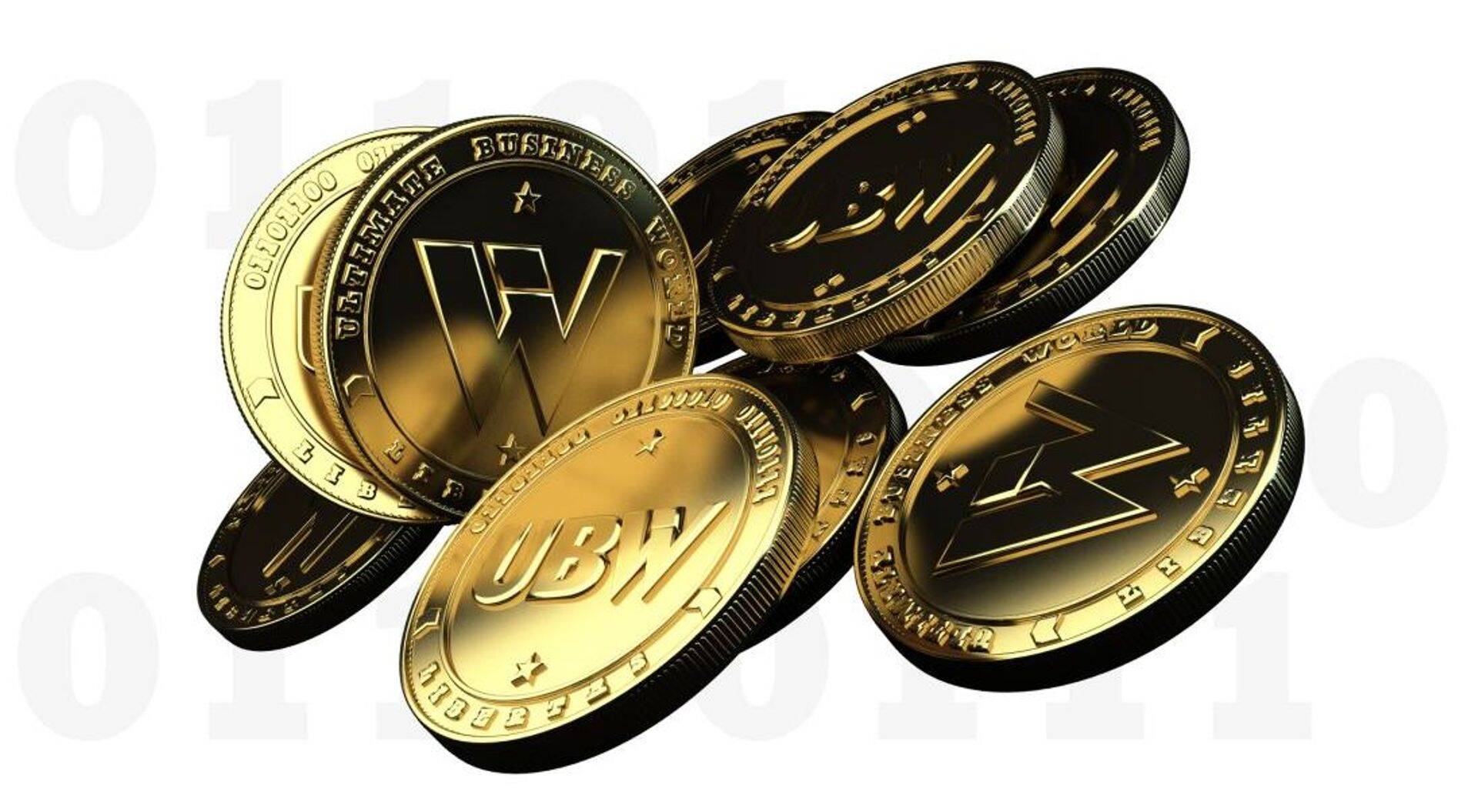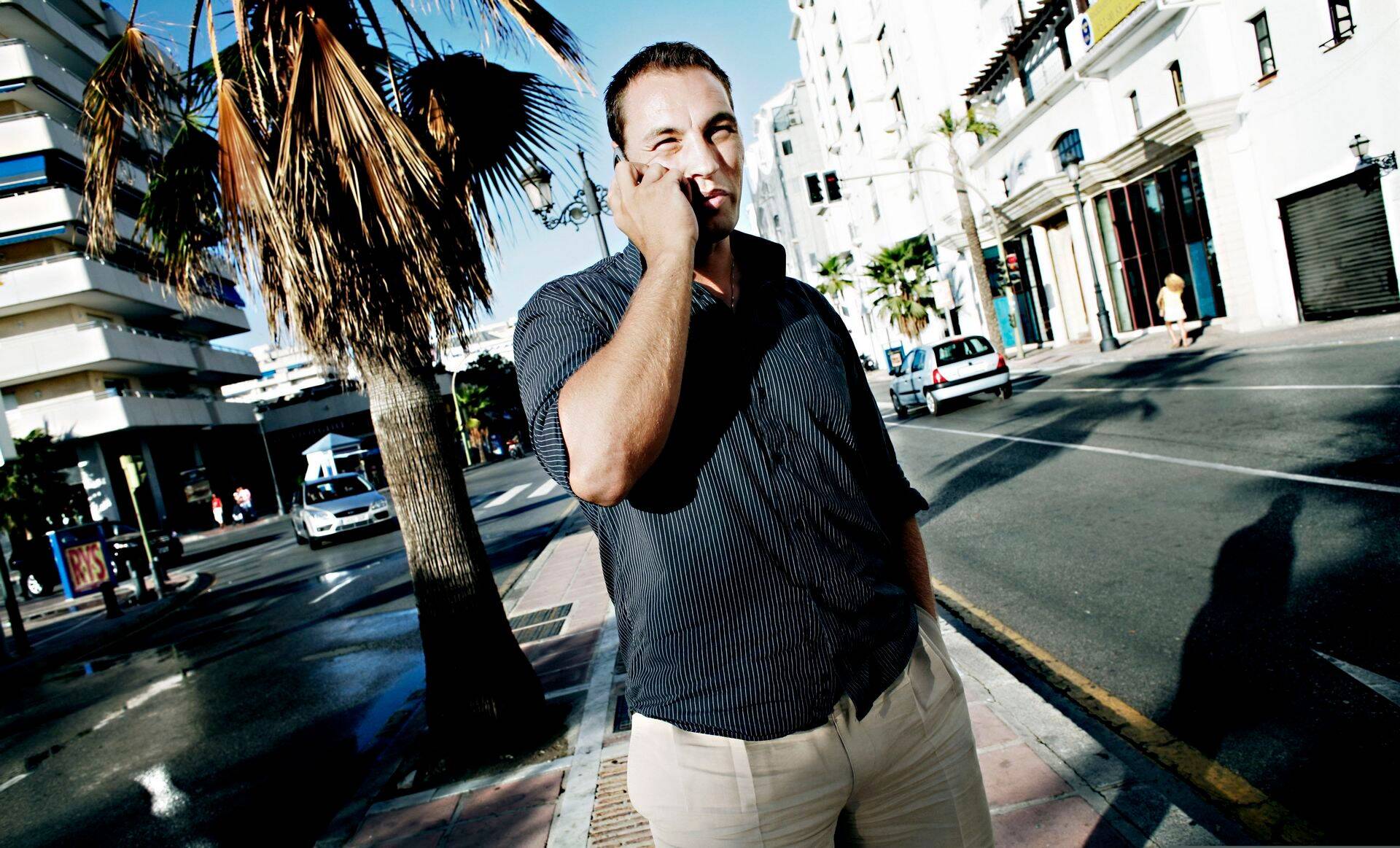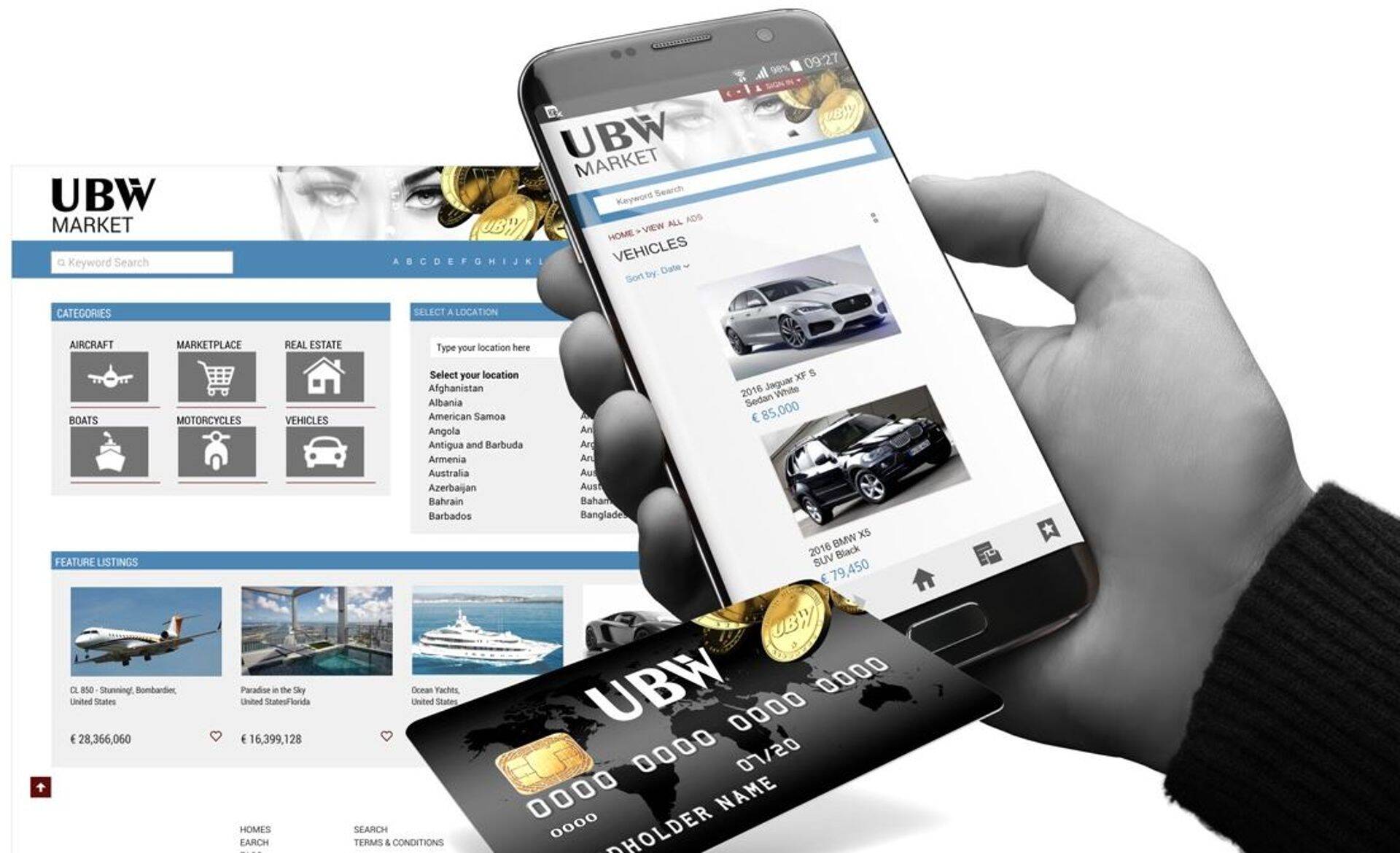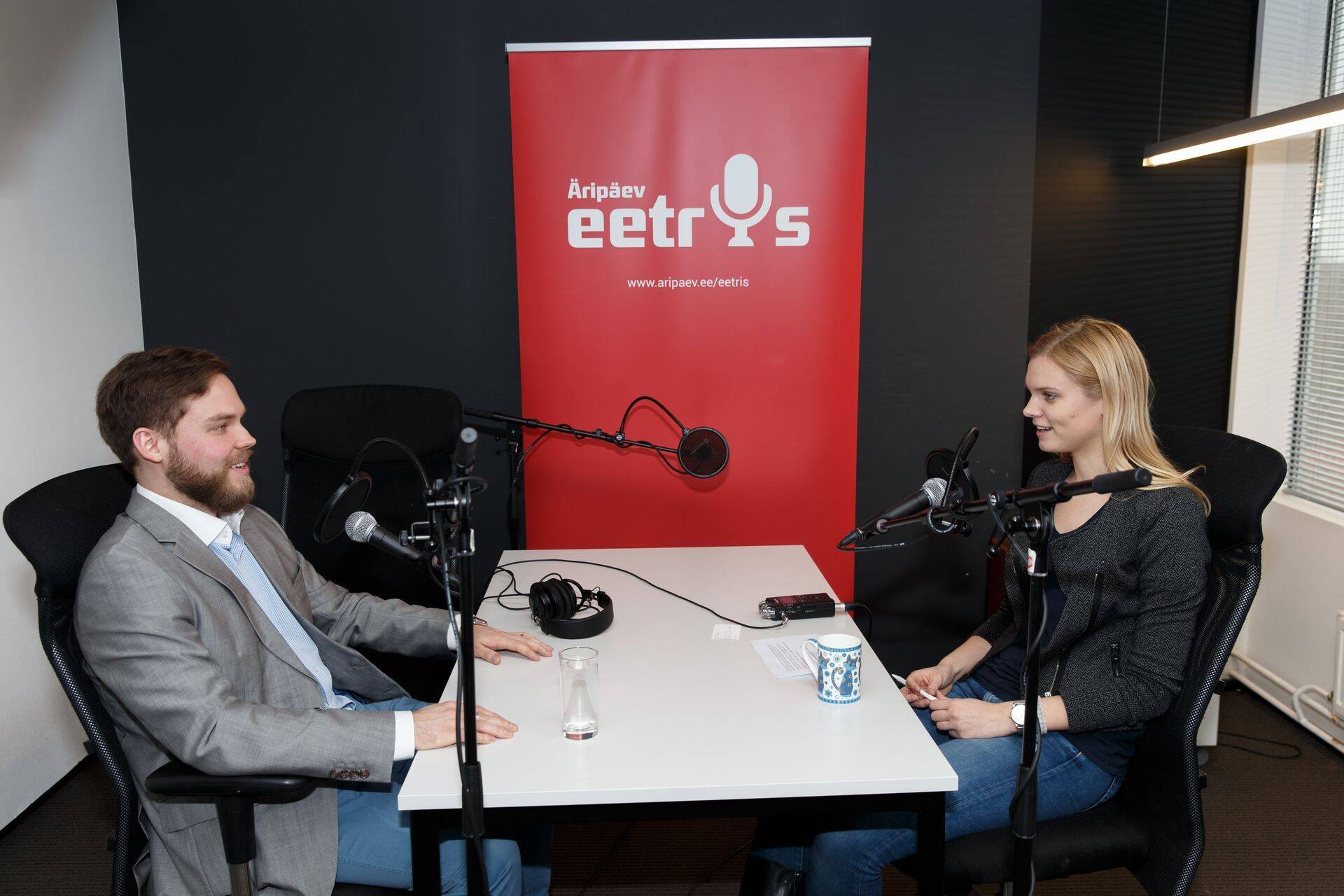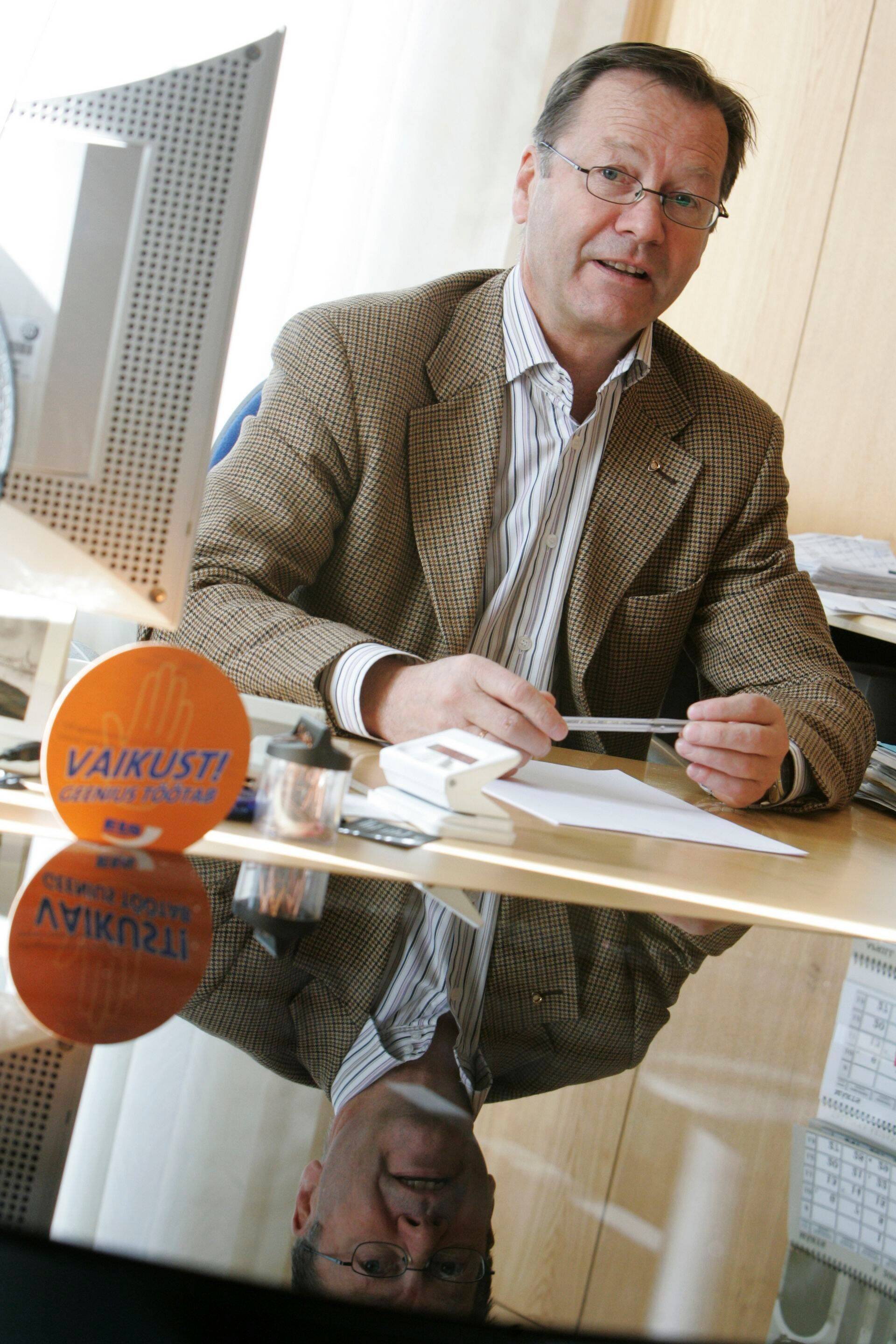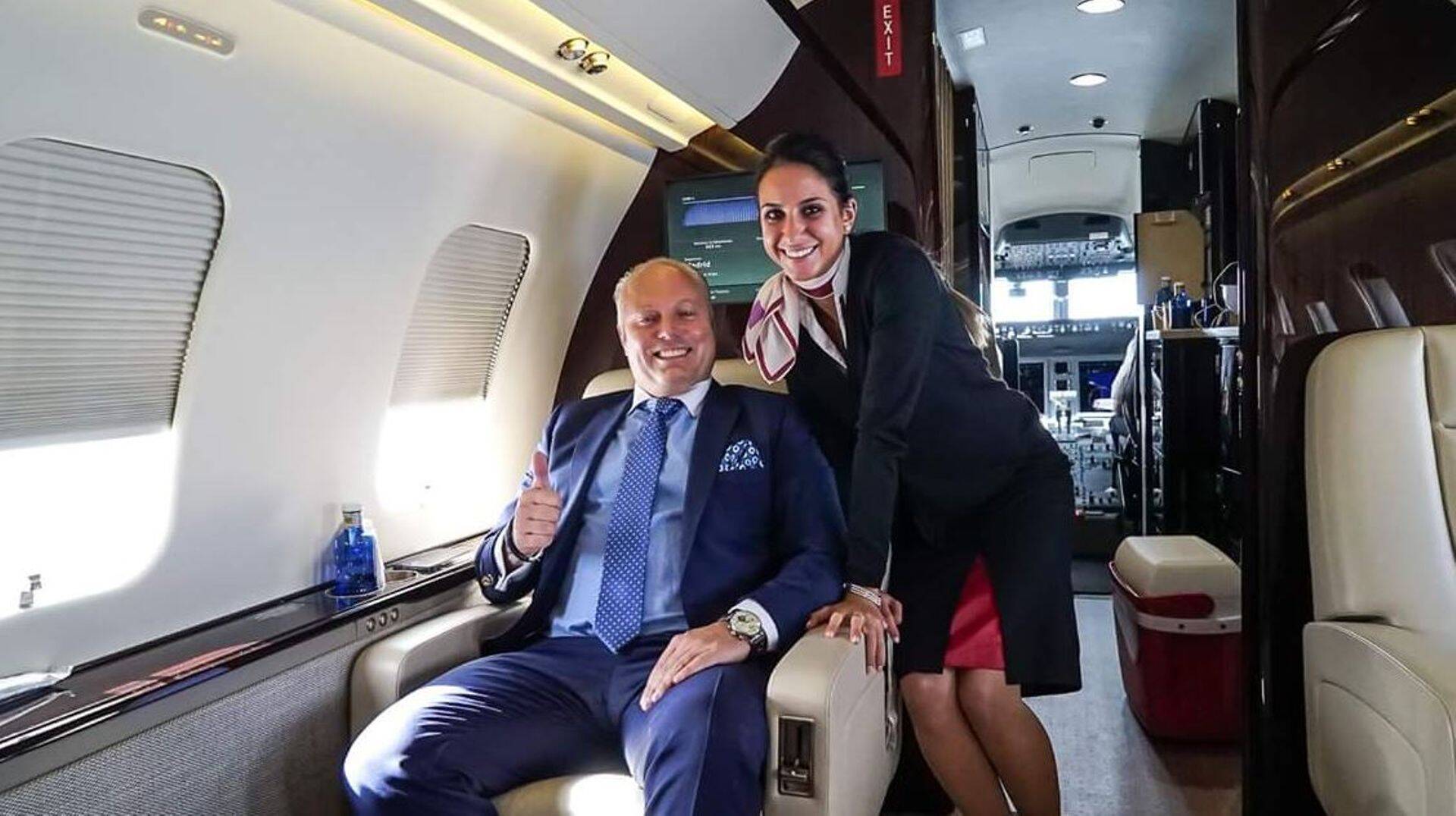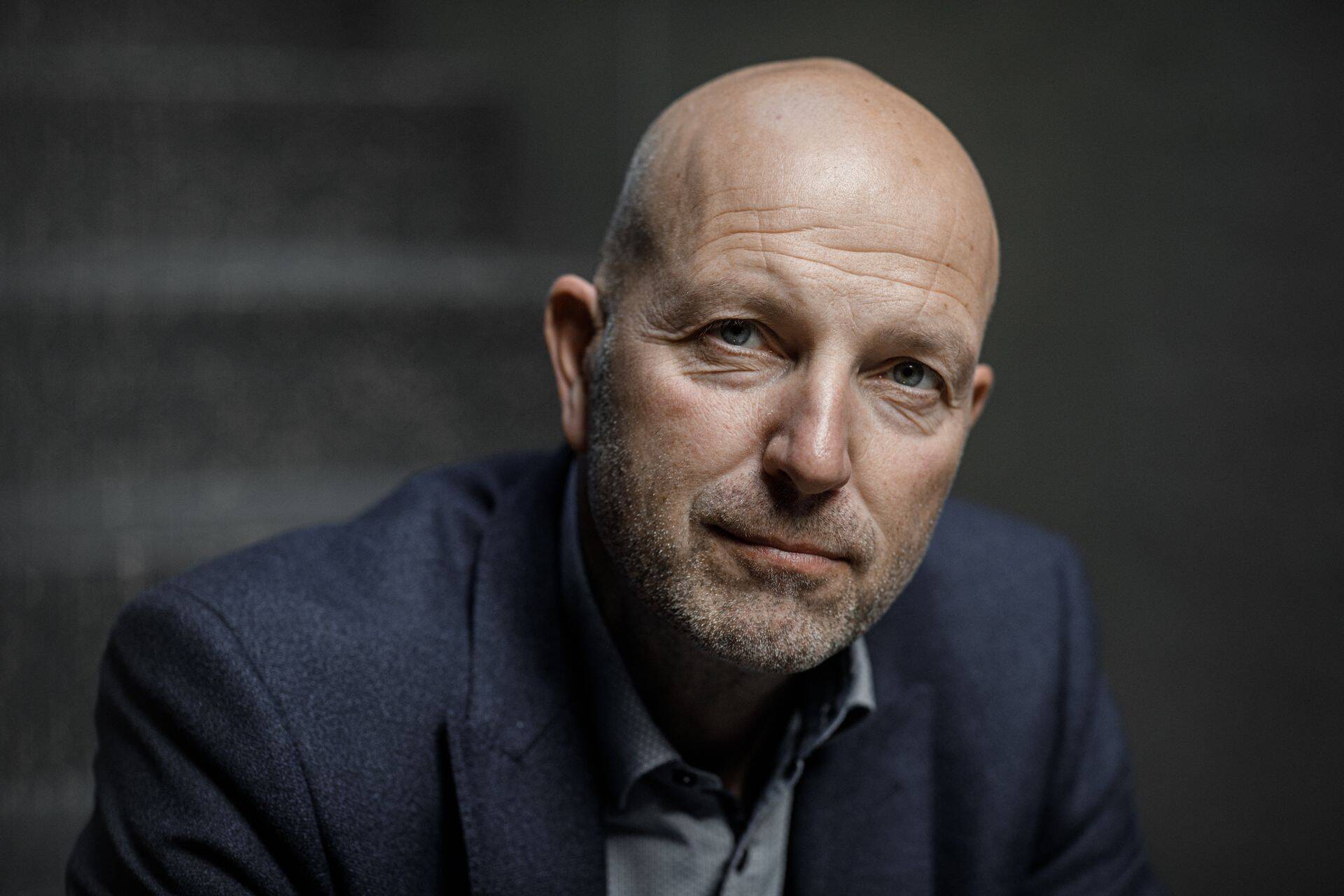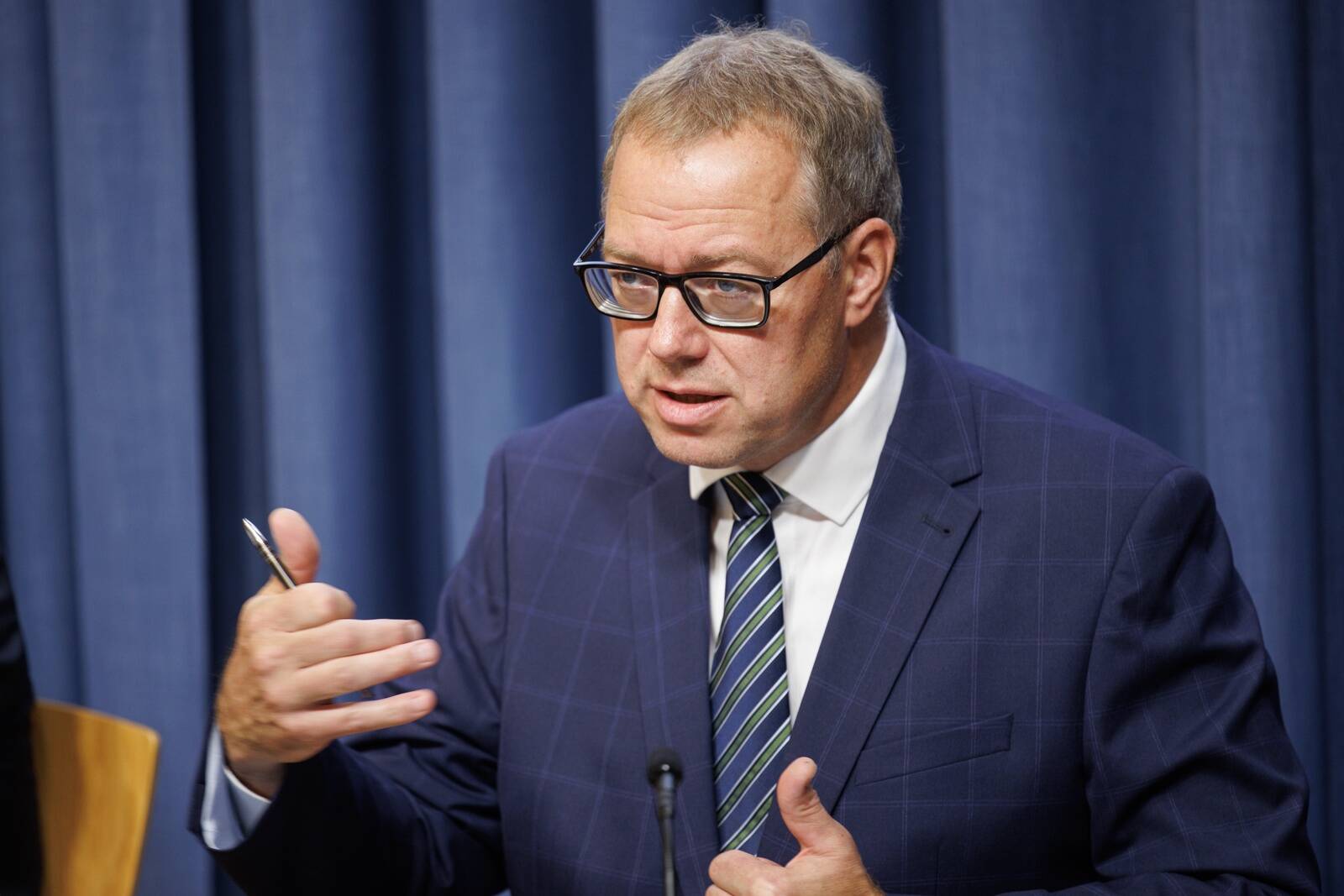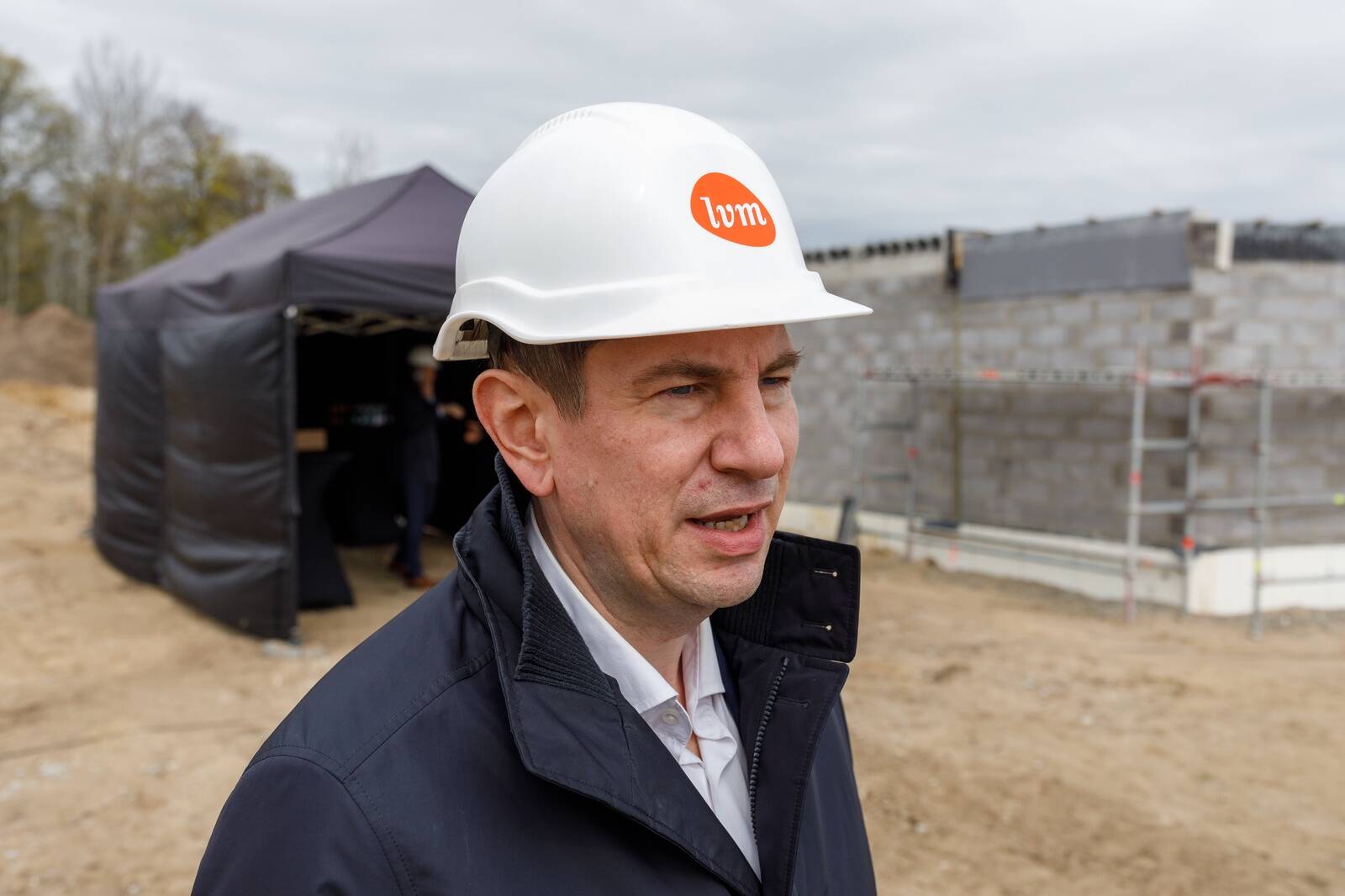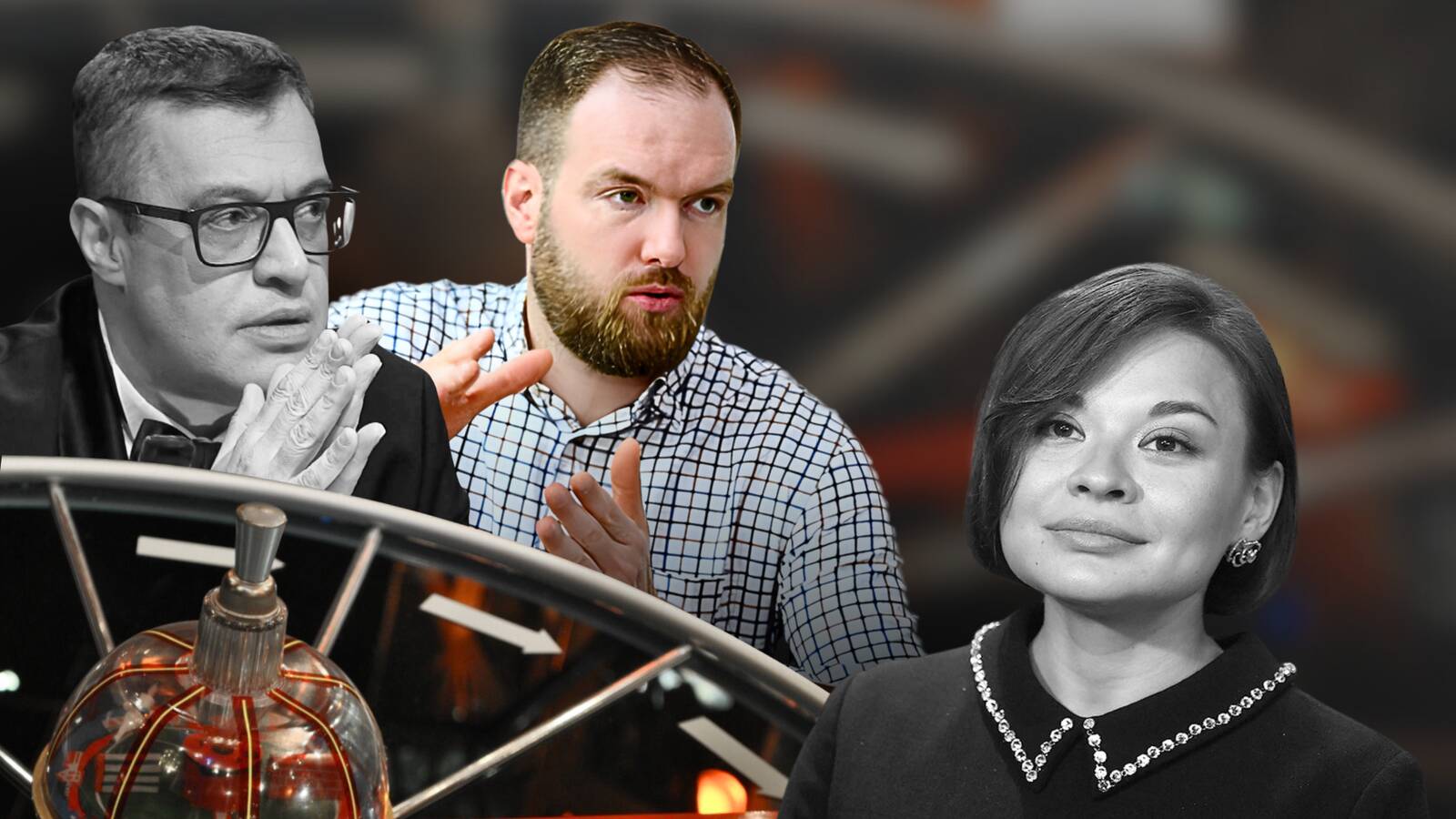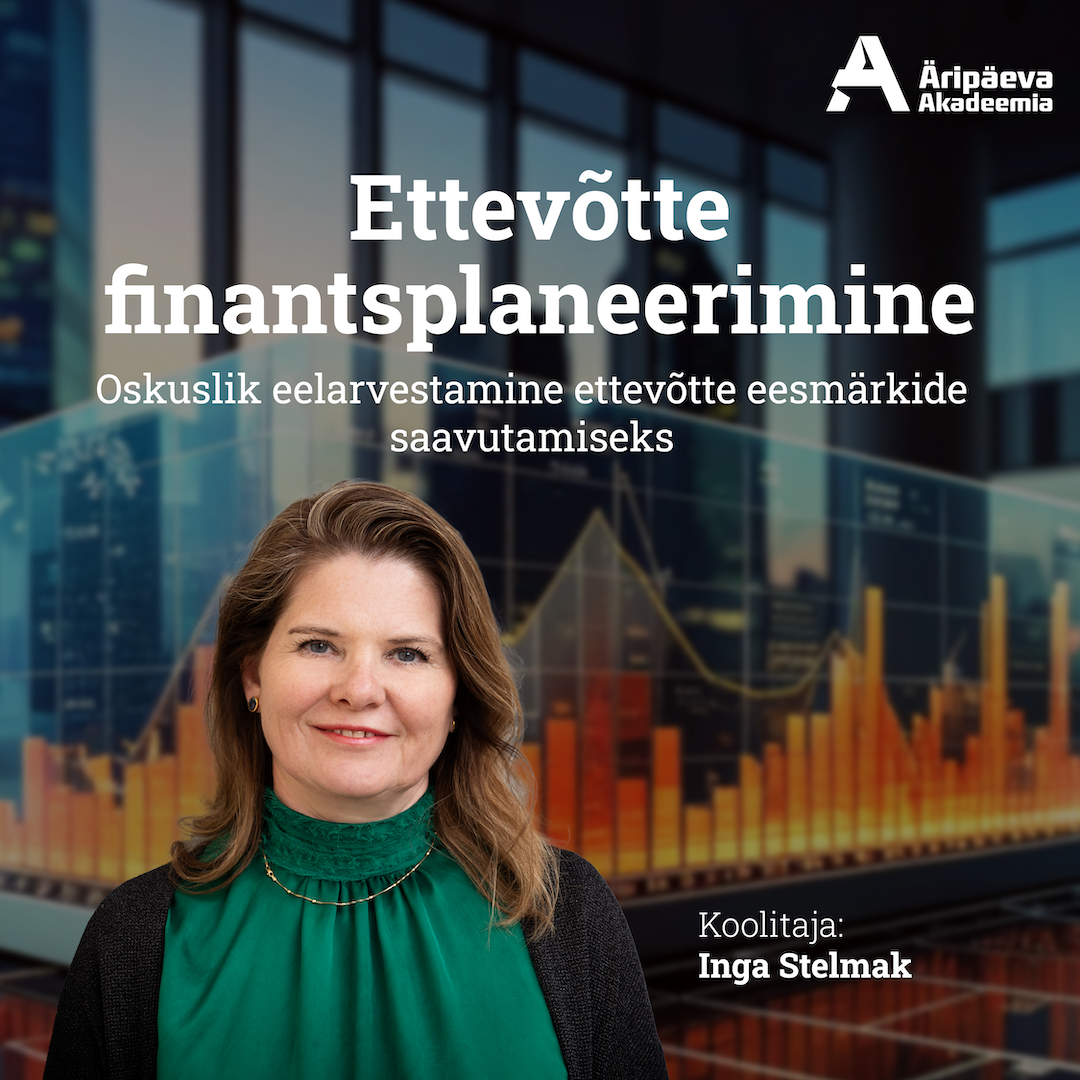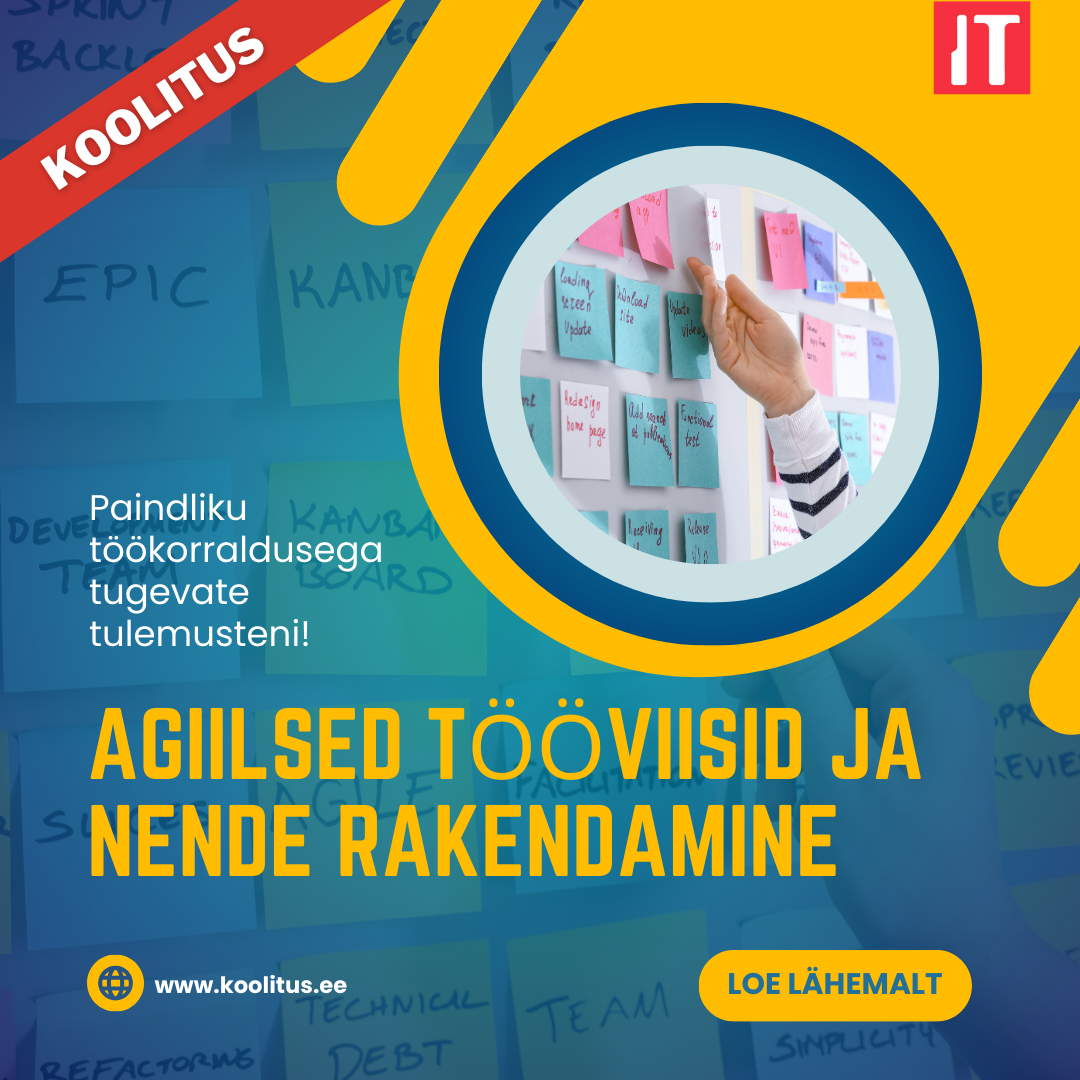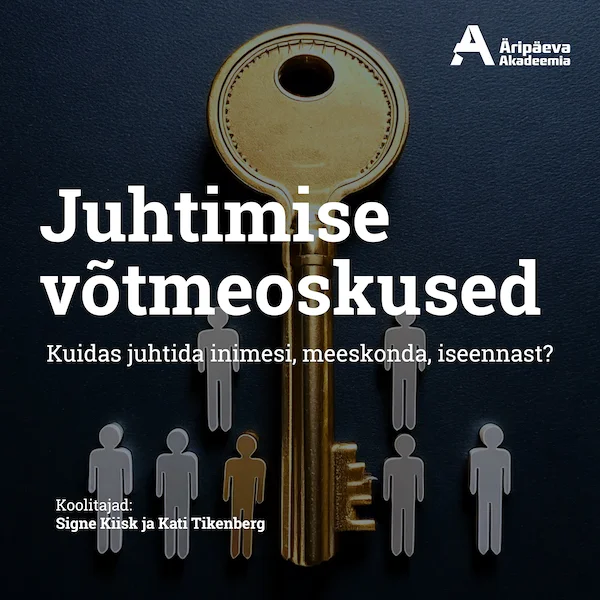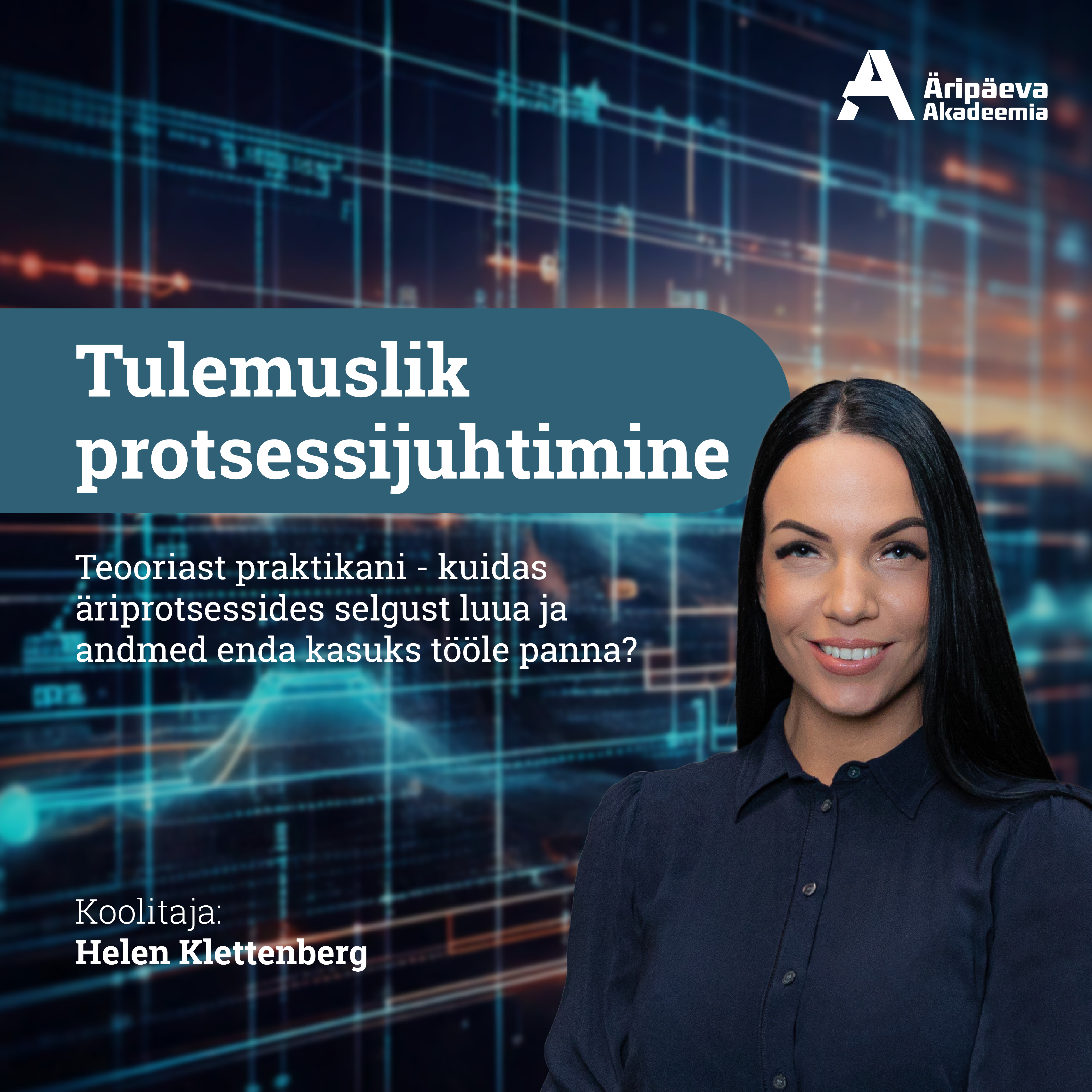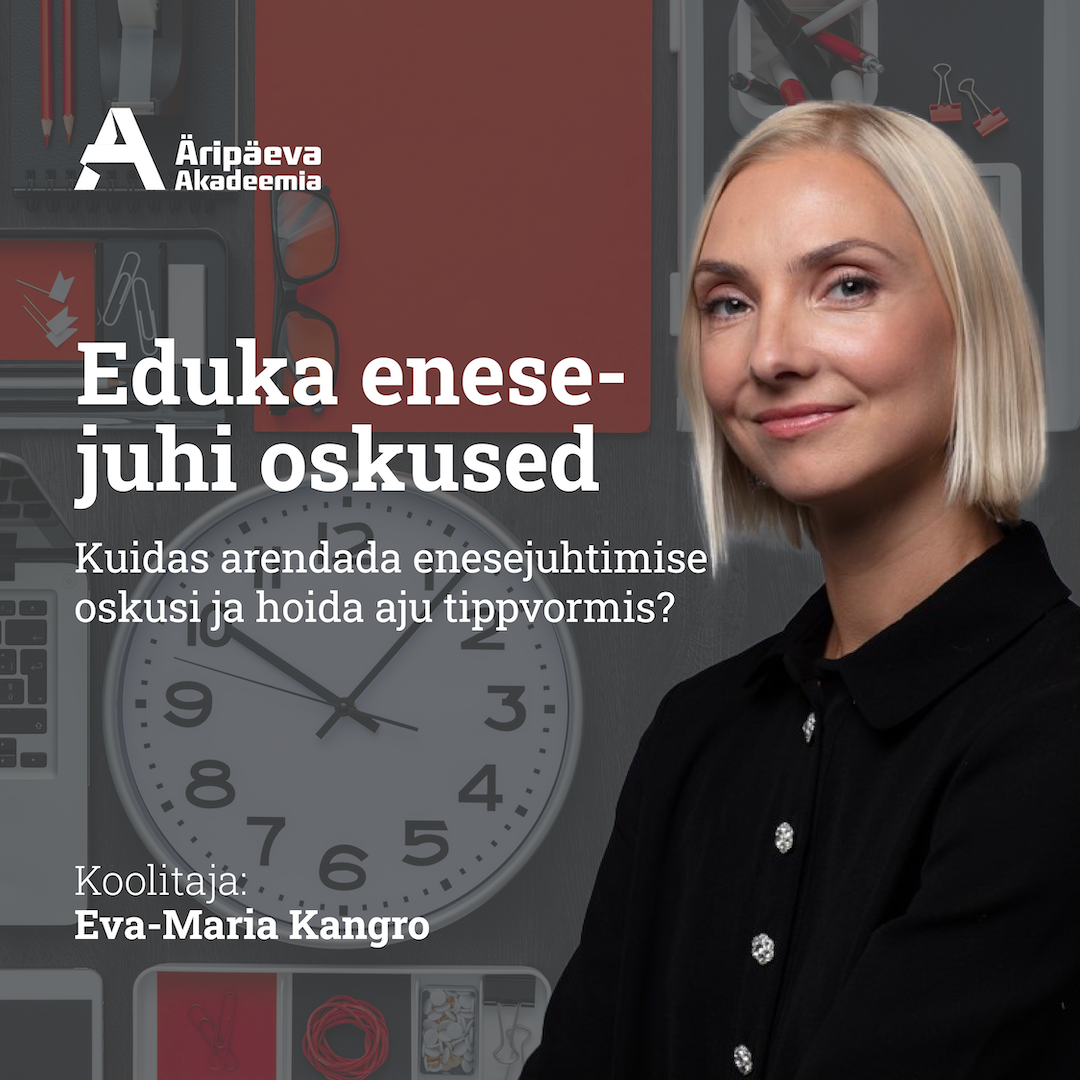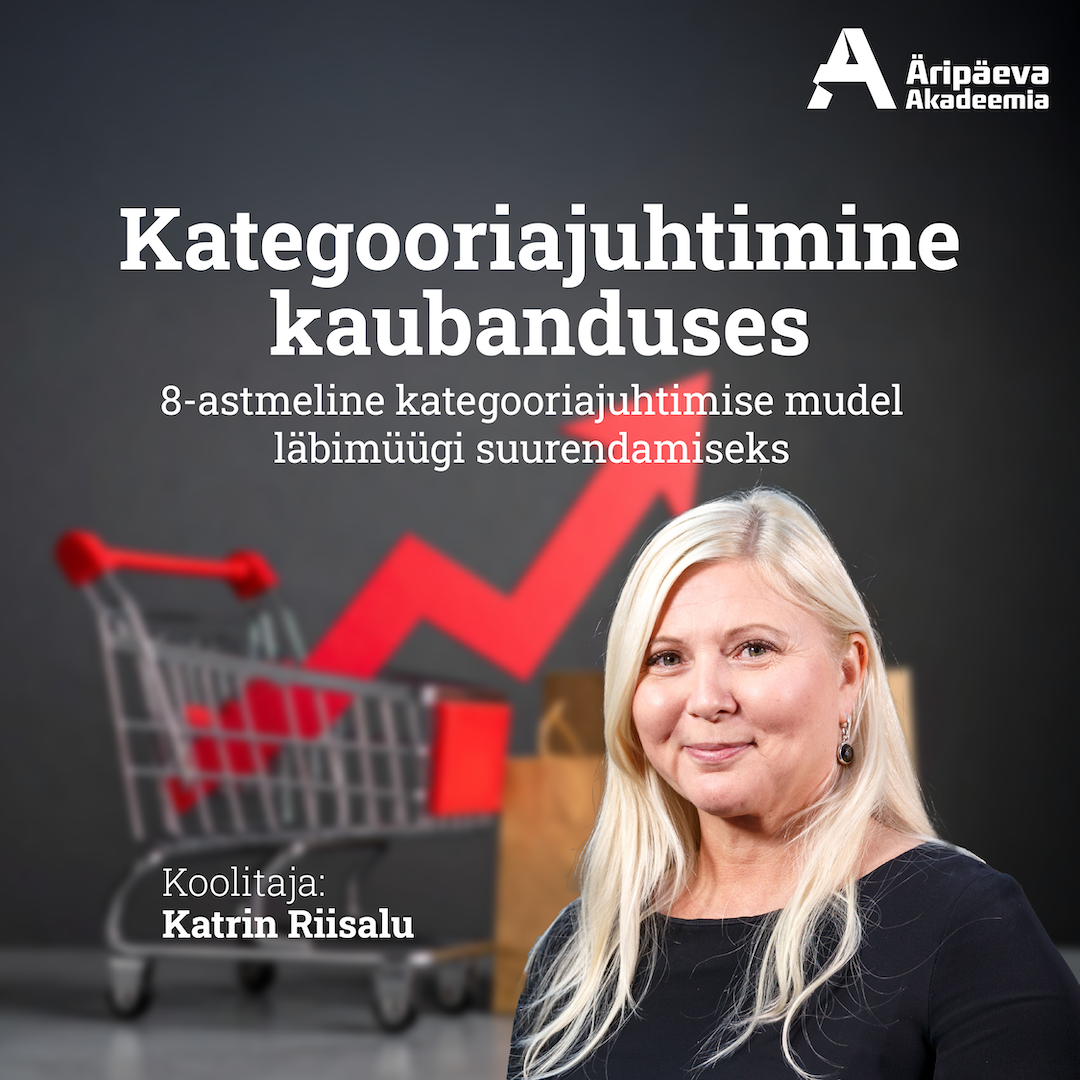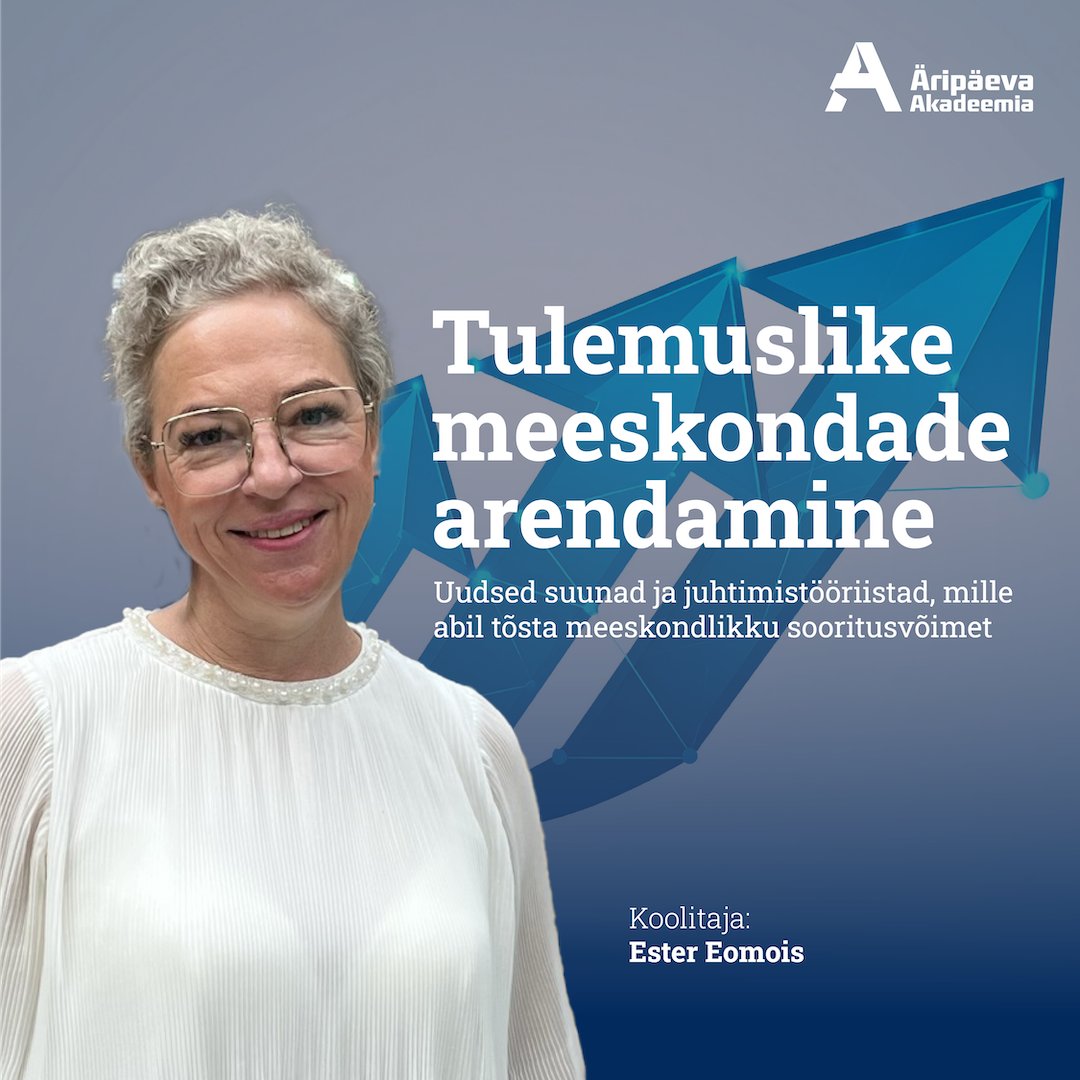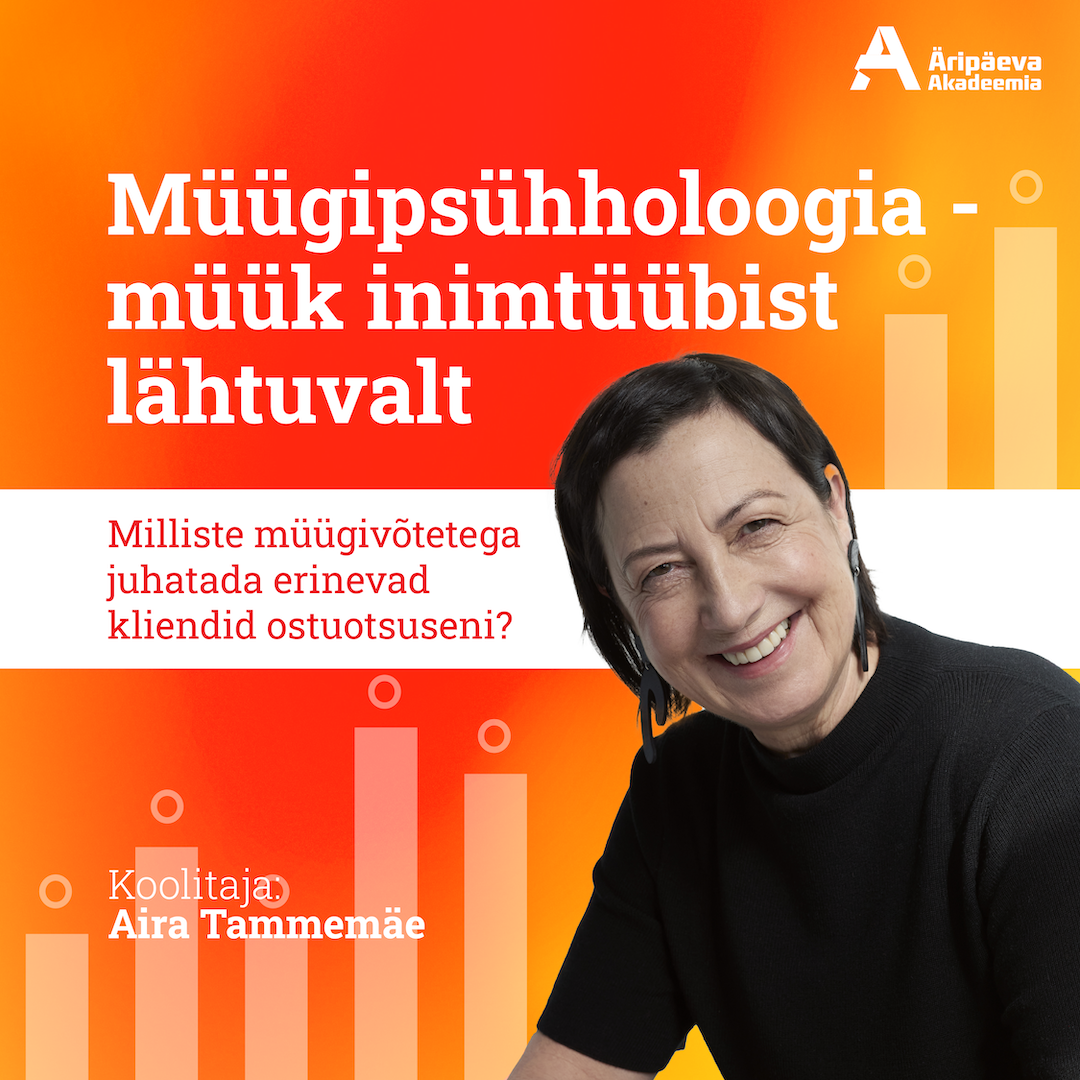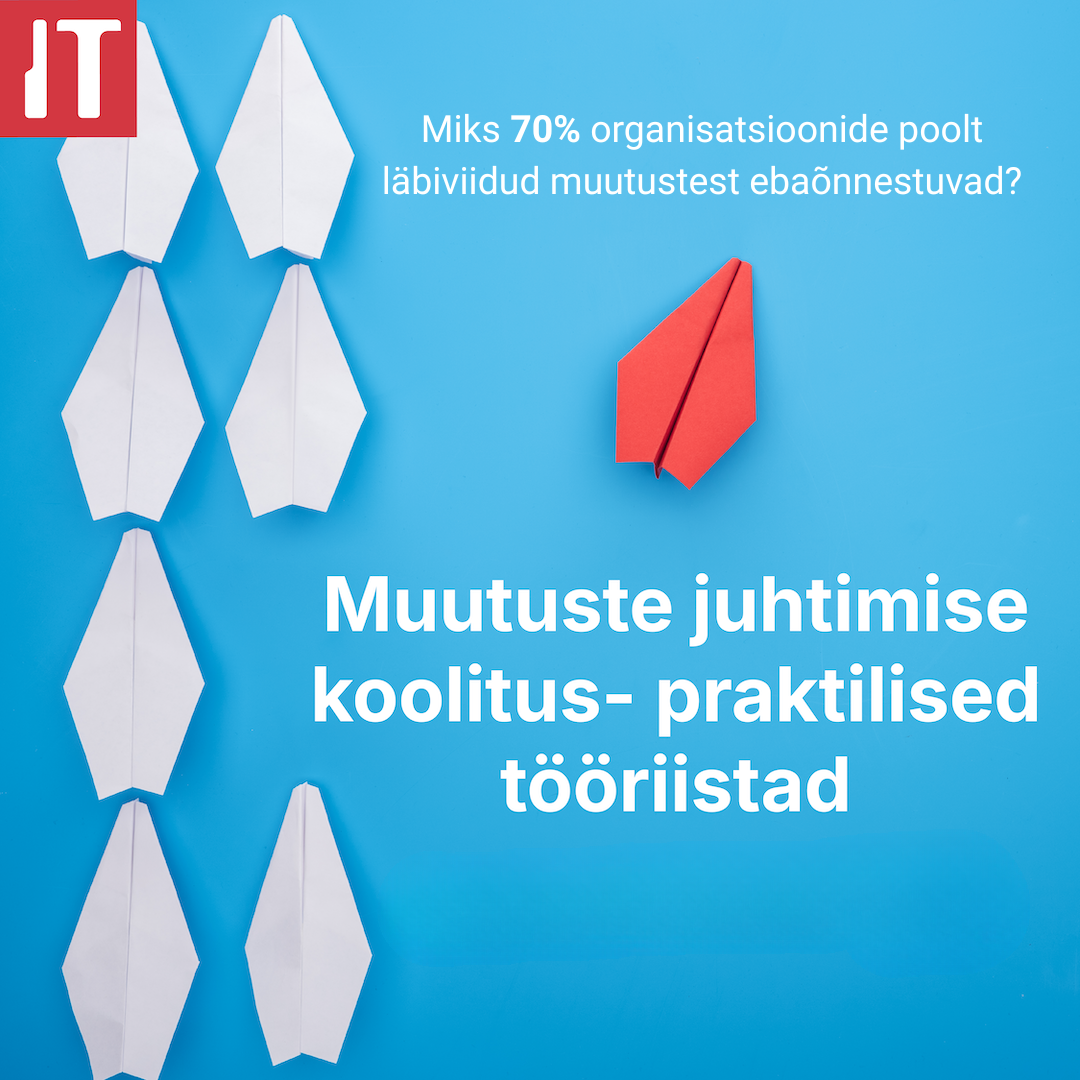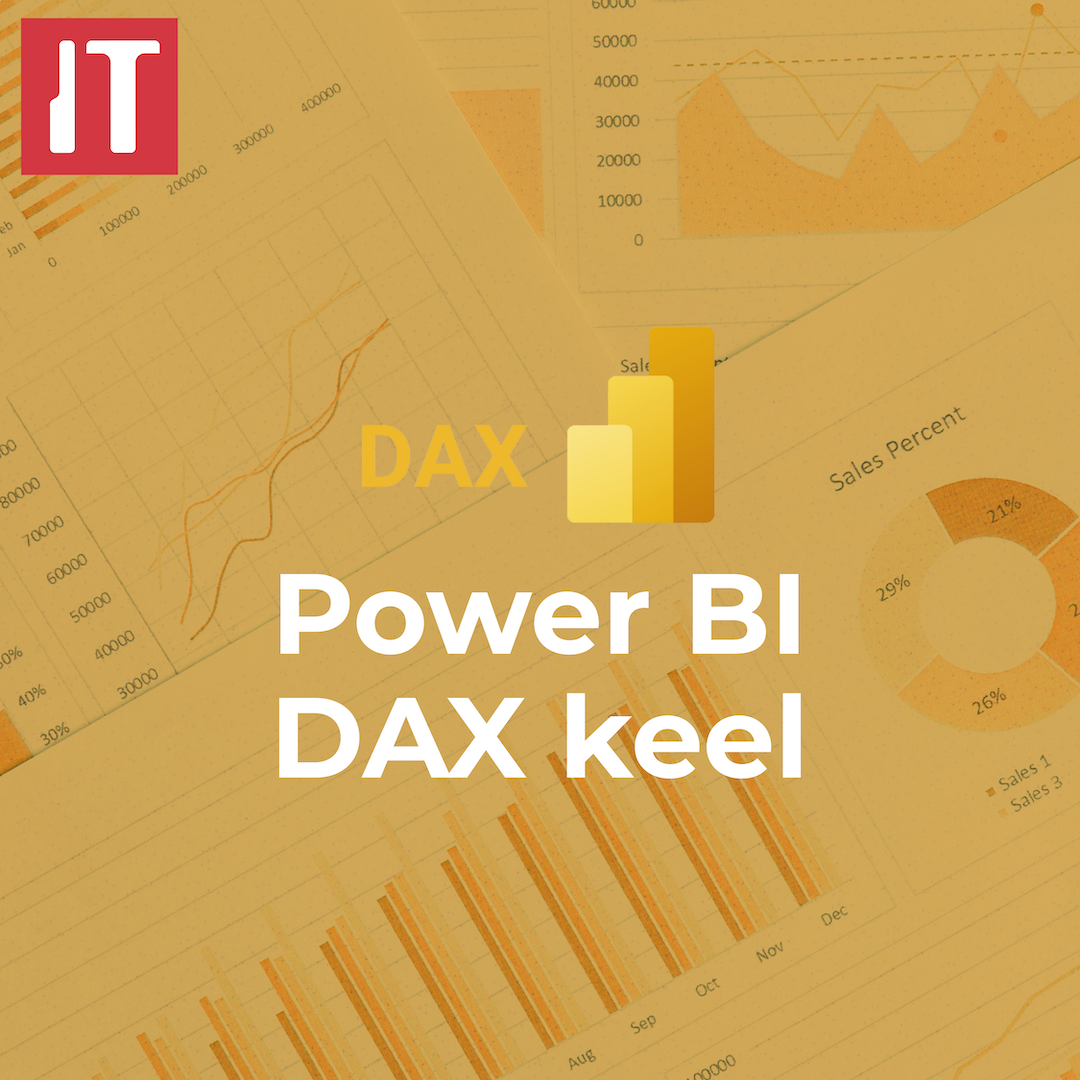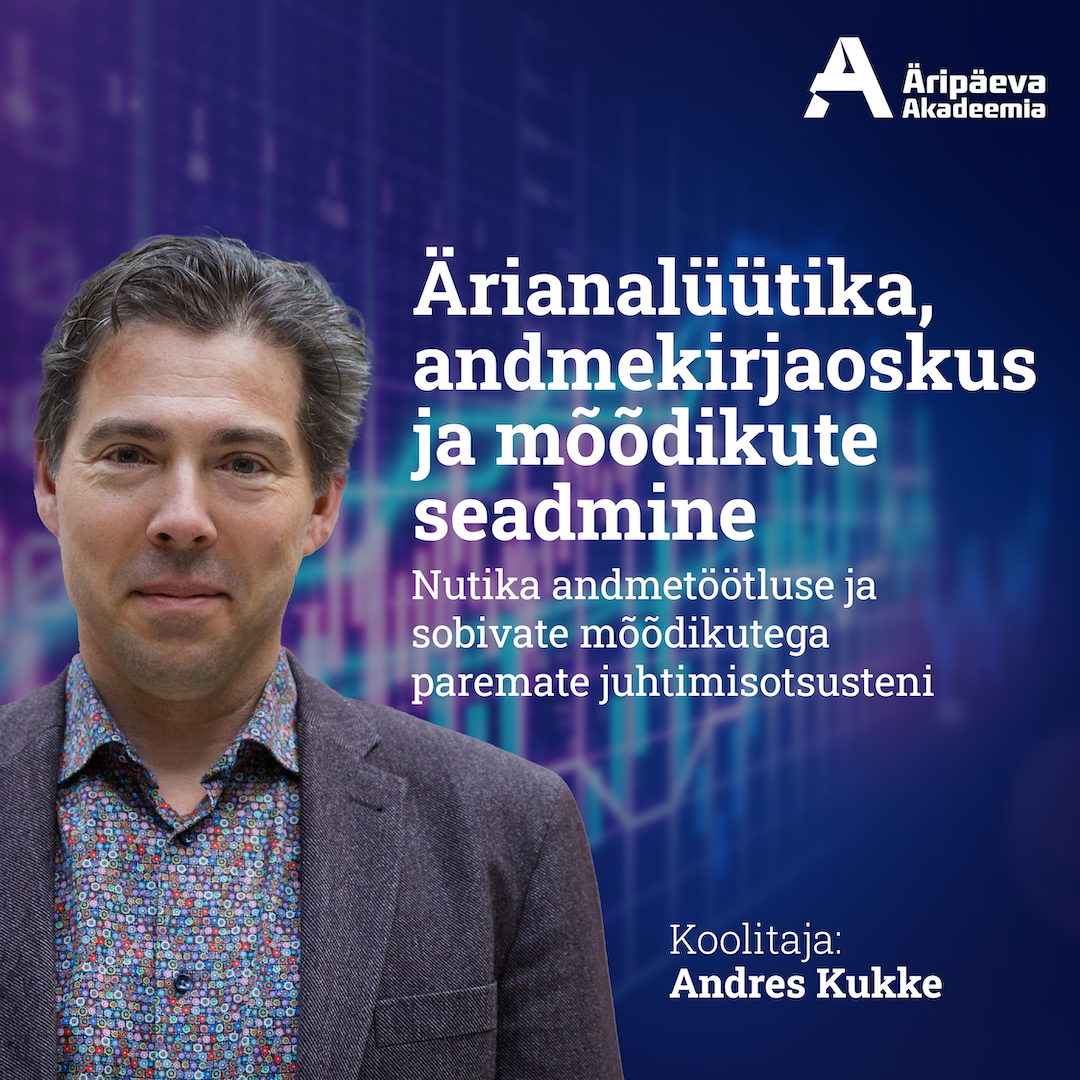- OMX Baltic−0,16%291,06
- OMX Riga−0,09%911,36
- OMX Tallinn−0,18%1 886,26
- OMX Vilnius−0,05%1 260,26
- S&P 500−0,99%6 822,34
- DOW 30−0,23%47 522,12
- Nasdaq −1,57%23 581,15
- FTSE 1000,04%9 760,06
- Nikkei 2251,65%52 173,38
- CMC Crypto 2000,00%0,00
- USD/EUR0,00%0,86
- GBP/EUR0,00%1,14
- EUR/RUB0,00%92,54
- OMX Baltic−0,16%291,06
- OMX Riga−0,09%911,36
- OMX Tallinn−0,18%1 886,26
- OMX Vilnius−0,05%1 260,26
- S&P 500−0,99%6 822,34
- DOW 30−0,23%47 522,12
- Nasdaq −1,57%23 581,15
- FTSE 1000,04%9 760,06
- Nikkei 2251,65%52 173,38
- CMC Crypto 2000,00%0,00
- USD/EUR0,00%0,86
- GBP/EUR0,00%1,14
- EUR/RUB0,00%92,54
Tähelepanu! Artikkel on enam kui 5 aastat vana ning kuulub väljaande digitaalsesse arhiivi. Väljaanne ei uuenda ega kaasajasta arhiveeritud sisu, mistõttu võib olla vajalik kaasaegsete allikatega tutvumine
The hidden side of the new UBW coin
Another global digital currency business is sprouting in the heart of Tallinn, Estonia, but it may come as a surprise that behind its idea is a former network marketer and tax fraud Jim Aleksander Anderson who changed his name from Wolden to Anderson after going bankrupt in Norway. The owner of this growing business is the honorary chairman of the Norwegian-Estonian Chamber of Commerce Paal Juul Aschjem.
Please note that the following story has already had some impact, which is described below in the last part of the material. In short the main character of the story Jim Anderson has decided to pay back the consultation fee - up to 300 000 euros - he's earned from the company owning UBW. Also, Estonian Financial Supervision Authority started to investigate UBW after the article. And there's more.
These stories were made in co-operation of two investigative journalists - Piret Reiljan from Estonian business daily Äripäev and Rune Ytreberg from Norwegian business daily Dagens Næringsliv, they were also published in both countries.
„We are not here. We are busy,“ is what we hear when we arrive unannounced with a camera and microphone in hand in the office of the digital money actuators and ask for Jim Anderson (previously known as Jim Wolden), the Norwegian businessman with a scandalous past. Why did we decide to surprise Anderson like that? Because this young digital currency firm, which is registered in Estonia, has transferred tens of thousands of euros to a company that belongs to Anderson, but he is not mentioned anywhere in the public documents introducing this digital currency. It seems that Anderson is kept out of the limelight due to his bad reputation. Andreson did agree to meet with us later, but on the condition that he will not be photographed. Mr Aschjem was also present at that meeting in the company's office in Metro Plaza.
It is not only the persons tied to this digital currency business that seem curious. It is alarming that although everyone can already buy subscriptions ranging from few hundred to few thousand euros to earn money from network marketing and the possible success of the digital currency, there is no clear description of their business model and its exact nature. For one, it is not said what exactly is backing the digital currency, although they boast on their website that the currency is backed by „real value“. The company also has no license, but is already advertising its future activities which definitely require one. Among these activities is a Global Digital Market where one could buy anything with the new digital currency.
What is this mysterious digital currency we are talking about? The business is called Ultimate Business World or UBW for short, and is maintained by an Estonian company Manhattan Securities OÜ, which has received tens of thousands of euros from the users who come mainly from Estonia and Norway. The users buy subscriptions which include the right to advertise their products and services, or even post car sale ads on the digital market. The market is however not yet fully operational. The subscription also includes a certain amount of UBW coins that should be the go-to currency at that market. Part of the business is network marketing, or in another words selling subscriptions to new users and earning commission.
The Norwegian behind the scenes: I am merely an advisor
To do business in Estonia, UBW founded a company called Manhattan Securities OÜ, which belongs to Paal Juul Aschjem. Another Norwegian, Johannes Solstad, is also part of the management.
When Äripäev found out that Manhattan Securities OÜ had made payments reaching tens of thousands of euros to the company belonging to the scandalous Anderson, we inquired about that. We were told by Anderson that he is being paid to help with the concept of the business but he is not the owner of the business nor involved in it in any other way. „I was contacted by Johannes Solstad who was asking advice and help in finding investors for his business plan. I introduced Johannes to Paal whom I had known for a few years. We took Solstad's concept and turned it into what UBW is today. We signed an agreement regarding my fee for software and consulting,“ said Anderson. „This is all. I did not want to become a partner since I have no wish to be involved in the network marketing business. I helped them as a friend.“ The fee is, according to his words, about 300 000 euros. He stresses that this includes the base software and all costs.
Hetkel kuum
Our meeting with Anderson started with his attempts to make us sign a paper which states that his words will not be used out of context. We refused to sign, but Anderson agreed to continue our conversation nevertheless. Among other things he mentioned that his reputation in Norway was ruined by the media.
Anderson admitted that he did indeed found the scandalous Norwegian network marketing business The 5 Percent Community or T5PC which went bust and ended up costing its Norwegian investors roughly one billion Norwegian crowns (approximately 113 million euros), but he stressed that he has not been convicted of anything in connection to that. Anderson did belong to the few who lost no money in the business, but he claims with absolute confidence that he committed no fraud and simply exited successfully from the business he had founded and then handed over to the new management. That happened about six months after the founding of T5PC. It is worth mentioning that some people involved in T5PC, among them the CEO, were convicted and sentenced to prison in Norway. Anderson distances himself from these people, although Norwegian media has named him as the key player in the scheme.
Anderson moved to Marbella, Spain, when the T5PC scandal started. According to him, he lives in many different places, but has not been to Spain for few years. „I come and go,“ he says about himself and names Estonia, Great Britain, France and Dubai as his main locations. Anderson claims that he is advising several projects, some of which are based in Estonia. He refuses to specify, but hints that we will hear more of his activities in Estonia.
In addition to T5PC, Anderson has had problems with the tax office more than once. He has served two short sentences in Norwegian prison for tax crimes.
Aschjem, who took part of our meeting with Anderson, said that he believes in the principle that everyone deserves a second chance. Anderson's peculiar past is not an issue for him. When asked who will be held responsible if the UBW coin turns out to be a failure and people lose money, Aschjem answers that it will be him. He also says that all necessary funds to start the business come from him.
The contradicting promises given on UBW's website can be explained by the early stage of the business, says Aschjem. Both he and Anderson agree that business is always changing and so is the public data about it. When asked if the UBW coin is, considering the circumstances, not the safest investment, he replies: „What in the world is?“ He stresses that work on the business model and its description is ongoing and once it becomes necessary to have a license, they will apply for one. „According to our knowledge we do not need one at the moment,“ they say.
Secret memo: there are pyramid scheme characteristics
One Estonian lawfirm put together a preliminary analysis of the services offered through UBW's platform last November, and that analysis refers to multiple pyramid scheme characteristics.
The analysis was commissioned by Manhattan Securities OÜ, which belongs to Paal Juul Aschjem. The lawfirm stressed in its analysis made in English, that it is confidential and meant for the client's eyes only. It also states that the analysis is based only on the data given by the client and it comprises UBW’s website texts. Äripäev has the memo and we will publish parts of it since many people, among them Estonians, have already trusted UBW with their money.
Manhattan Securities OÜ asked the lawyers if any part of their business model would be prohibited according to Estonian regulations which do not allow Ponzi or pyramid schemes.
The lawyers determined that according to the website's public texts, which are visible to all interested parties, the majority of the profit is not gained by recruiting new users and hence this is not an illicit pyramid scheme. Once the lawyers looked at the information visible to the registered users, their opinion changed.
At the time when this memo was written, UBW registered users could see, among other things, the following text:
"It is a system that will reward everyone, even if they do not put a lot of effort into it, as long as
they recommend 3 friends that in their turn do the same, and, with no promise of making
millions the next month."
And also:
"The "Decoy" commission plan is set up so that with as little as €60 and recommending only 3
people who do the same, you will actually be upgraded and further upgraded and given bonuses
after bonuses on a monthly basis. From that alone you will make
thousands of Euros on a monthly basis, but it will take 2-3-4 months."
The lawfirm concluded that based on the cited information, the user could earn profit not through the use of the actual service, but merely by recruiting new users. This part of the business model resembles closely the Ponzi scheme and is therefore prohibited by the Estonian Consumer Protection Act.
In addition to the question about the pyramid scheme, Manhattan Securities OÜ also wanted an assessment whether their activities would require a license and if some part of their business could be seen as gambling.
Lawyers: Avoid the word “bank”
The judgement of the lawyers was that the necessity for licenses depends on the range of e-coin uses. For example, if e-coins can be used only by limited parties, i.e. someone selling their products or services for USW coins must have a contract with UBW, then UBW would not need a license. However, if UBW coins can be used to buy from anyone, then UBW would be seen as a payment service provider and would need a license. A deeper analysis on the business model is needed to give the final assessment on the necessity of licenses, noted the lawyers.
As for the gambling, UBW registered users were supposed to get a virtual trading market referred to as „game“ and which according to the lawyers would have been classified as gambling and hence require a license. The game was a trading market where one could do bets or trade with UBW Bitz and either earn or lose Bitz according to the changes in the UBW currency rate. To trade with UBW Bitz, one would have had to buy these Bitz with actual money, and the minimum amount was 100 euros.
The lawyers also noted that if their client Manhattan Securities OÜ plans on offering banking services, then they would need a license from the Financial Supervision Authority (FSA). They included this warning since UBW's website hinted on offering virtual banking services. They also strongly advised that the word „bank“ should not be used in any texts to avoid problems with the FSA. The lawyers noted that Pocopay has problems with FSA since they have used the word „bank“ on their website and in advertisements. FSA recently fined Pocopay, which is owned by Indrek Neivelt, for violating the Estonian Advertising Act.
Frøystein Bakke
Bakke is a Norwegian who according to social media lives in London. He has headed Senet Holding, which was the parent company for the crypto currency company Crypto888. Crypto888 is regarded as a fraud and a pyramid scheme, and the internet is full of warnings about it.
When you look at Crypto888's Twitter account, the last tweet was sent on 22nd of July 2016 and it reads: „FREDDY IS READY!!! ARE YOU???“ After that the account goes silent, no more tweets. Once Crypto888 faded away, its successor Octa Partners and later Nano Club were created. All three are considered to be virtually the same and Nano Club continues to lure people.
Bakke has said about himself that he is managing his own investment firm Star Securites which has, according to its rather meagre website, ambitions in several countries. He shares his luxurious lifestyle on social media, where photos of him flying a private jet and driving a yacht are posted.
The UBW website calls Bakke „a man of the world“ and highlights his working experience in big finance corporations. Supposedly he has twenty years of experience as a broker in Oslo.
Ultimate Business World (UBW)
According to its owner Paal Juul Aschjem, UBW is a combination of the digital UBW coin and network marketing. UBW's website states that they wish to become one of the TOP 10 currencies in the world with their digital currency.
The website claims that the UBW coin is backed by real value. „The UBW coin will be backed by the value of existing and new companies within our growing company portfolio,“ it states. Currently there are no companies in that portfolio and Aschjem says that the first company to be included will be their own UBW digital market (Global Marketplace) where one could trade with UBW coins in the future.
Manhattan Securities OÜ
Founded in Estonia in August 2015, it owns UBW. Paal Juul Aschjem and Johannes Solstad are in the management and, according to Aschjem, are also the owners of the company.
Paal Juul Aschjem
Norwegian Paal Juul Aschjem (71) is connected to about twenty Estonian companies and has mostly dealt with real estate. He has helped to bring many businesses to Estonia by following the principle „I have the connections, you have the money“.
Aschjem is active in society. He is the head of the charity foundation Aitan Lapsi. His charity work is something that he also mentions in his UBW promotional videos. He is also the senator of the Junior Chamber International Estonia, a title given to him in recognition of his activities in the organisation.
Aschjem came to the Baltic States in 1992 with 10,000 Norwegian crowns in his pocket. He has worked and done business in Latvia, Lithuania and Estonia. For instance, he was leading the mail catalogue business Select in the Baltic States in the end of the nineties. In 2000 he was the driving force behind the creation of the Magistral shopping mall in Tallinn.
Aschjem is known is Estonia mostly due to one real estate deal with the city of Tallinn. In 2006 the city of Tallinn, then under leadership of Edgar Savisaar, bought from Aschjem and other famous Estonian businessmen six Harju street plots with wartime ruins on them and paid 150 million Estonian crowns for them. The city turned the area into a park. The transaction was investigated by the Defence Police due to its alleged higher than average price, but no crime was identified.
Johannes Solstad
A Norwegian about whom it is difficult to find any information, but who is a long-time acquaintance of Jim Aleksander Anderson, the man behind the concept of the business. Solstad asked Anderson to help them create the UBW concept.
Anderson told Norwegian media that he knew Solstad for years. One of the connections between them is a company registered in Great Britain which happens to bear the same name as the company in the centre of this scheme – Manhattan Securities. That company was used in an attempt to buy a posh Norwegian villa three times below its expected market value. The plan failed. Norwegian media wrote back then that Anderson was the key person behind the company and Solstad was merely a puppet.
Jim Aleksander Anderson (previously Jim Wolden)
Anderson's company Monaco Investment Fund received in the last months of 2016 payments in the range of 50,000 euros from Manhattan Securities OÜ. Anderson told Äripäev that he will be paid 300,000 euros in total for the software and consultations.
Anderson's reputation in Norway is far from good. He had had problems already before the scandal with his pyramid scheme, which caused the loss of tremendous amounts of money
Anderson started his career as an owner of a night club. People paid to become club members and earned money if they recruited new members. His club business and few of his following similar businesses went bust.
Anderson founded the Norwegian network marketing company The 5 Percent Community (T5PC) in year 2000. Anderson's identity (back then Wolden) as the founder was, according to Norwegian media, kept secret due to his shady reputation – he had been convicted of a tax crime.
Within a few years, 50,000 Norwegians had invested in T5PC without knowing that their shares will end up being worthless, and the only ones making any profit would be the founders. According to Norwegian media, the investors lost around one billion Norwegian crowns and it was one of the biggest financial frauds in Norway's history. While tens of thousands of clients were losing money, Anderson was not. He claims that he exited the business after he had given it over to the new management. That was six months after the founding of the company.
Anderson moved to Marbella, Spain, after the T5PC scheme collapsed. Dagbladet's journalists found him at a Marbella golf club in 2006. He claimed to be working as a real estate broker. According to Norway's registries, Anderson still resides in Marbella, but he told Äripäev that he hadn't been to Spain for years.
Anderson was under investigation because of T5PC, but he was never convicted of any crime. However, he was convicted of tax crimes in 2005 and in the end of nineties.
Anderson went bankrupt in 2006 and his debts amounted to tens of millions of Norwegian crowns.
He changed his last name from Wolden, which is notorious in Norway, to Anderson in 2010.
5 observations about the UBW sales pitch
Rauno Kinkar, lawyer at the Lextal law firm, has among other things dug deeper into the various digital currency schemes, and he points out five observations about the claims UBW makes on their public website.
1
Based on the website it seems that Manhattan Securities OÜ's main activity is to provide an alternative payment service (UBW coin). According to the Money Laundering and Terrorist Financing Prevention Act, a company offering alternative payment methods must have a license. In the eyes of the law, brokering of the alternative payment methods is seen as „providing“.
According to the Manhattan Securities OÜ website, the company does not have the necessary license.
2
The virtual currency created by Manhattan Securities OÜ is not a crypto coin and it is not mined. They say so on their website and seem to be proud of it. This means that we are dealing with a centralised currency.
The UBW coin lacks the decentralised and cryptographical security which is typical for the crypto coin and offered by the blockchain technology.
Centralised currencies create a huge and archaic database (often an Excel table), where all the currency units and their owners are written down. This is far from innovative.
3
A centralised currency is usually backed in one way or another. At least this is the assumption. In the case of classical state currencies, which are the most common type of centralised currency, the value is backed with gold or state warranty.
According to the website, the UBW coin value will be backed with the value of the Manhattan Securities OÜ investment portfolio. This ties the value of the UBW coin directly to the efficiency and profitability of the investments. If the investments made by the management of Manhattan Securities OÜ turn out not to be profitable in long term, then the value of the UBW coin is questionable.
Wouldn't it make more sense for the investor to buy stock or shares directly? Why use the middle man?
4
The website says that UBW coins cannot be bought. At the same time the site mentions that UBW coins will become the base for the international digital market where one can exchange UBW coins for goods and services. These two claims are, in my humble opinion, contradictory.
5
The Business Register shows that Manhattan Securities OÜ was founded in 2015 without a start-up capital and the company has not submitted any annual reports, which makes it impossible to evaluate their financial status.
Aschjem: we want to distance ourselves from the bad reputation
One of UBW's owners and spokesperson Paal Juul Aschjem says that UBW is building an international digital currency and network marketing company „through legitemate and honest means“.
The interview you see here was conducted via e-mail since several attempts to meet with him failed, until after this interview. Note that this interview does not touch upon Jim Aleksander Anderson because we wanted to ask about him when meeting with Aschjem face to face, and Aschjem himself did not raise the topic.
In which phase is the UBW business and in which countries are you active at the moment?
UBW is a start-up business. We started out with a dream and a mission to build a digital currency that is backed by real value. We have been developing our IT platform. We have had some trouble finding the right development team. The initial team to develop the software system let us down and in turn we experienced difficulties in providing our services to our users because the IT system lacked functionality we had promised. However, since the final quarter of last year we have been working with a team of developers based in Ukraine. They have built the top-quality enterprise standard software system now available to our users. We are still finishing some remaining functionalities and we expect our Global Marketplace to be online soon. It is only since February that we can say with confidence that we are finally getting back on track with IT development.
We have users from 188 countries.
How many clients does UBW have? Who do you regard as clients (all registered users or those who have invested at least some amount of money)?
UBW has had many sign ups. Most of them are just using the sign up to see the services offered. Our main services are still to be developed by the IT development team and therefore, we are basically still only starting. We have a couple of hundred paying users/customers.
Why is a “referrer e-mail address“ required for the registration?
Our online system is such that it allows our users to keep track of users that they have referred to us so that we would be able to plan and track marketing and sales.
What is your role in the business? What are your responsibilities and everyday duties?
This business is still in its start-up phase. We have a team of young people here running the business and operations. I am an investor in this and keep an eye on the overall progress of business.
What is the role of the Estonian company Manhattan Securities OÜ and are there other companies involved? If yes, then please name these companies.
Manhattan Securities OÜ is the company behind UBW. We made the decision in November to merge with another company. In hindsight, it was a wrong decision but it was made in good faith at the time. We did however get Mr. Frøystein Bakke from that group and that is positive for us. In January this year we brought full control of the company back to Estonia and under Manhattan Securities OÜ.
You say in the UBW’s promotional video on Facebook that you were contacted “by some people“ behind UBW. When was this and how/where? Who were these people? Did you know them beforehand?
Mr. Johannes Solstad and a team of networkers.
Who are the actual beneficiaries/owners of the UBW business?
Myself and Mr. Solstad.
Who is Mr. Johannes Solstad, the other boardmember with you at Manhattan Securities?Where do you know him from and what is his background? What is his role?
Mr. Solstad has been involved in multi-level marketing for many years. Mr. Solstad was familiar with the growing number of businesses within the digital currency arena that had started within last years. It was he that contacted me through a mutual friend with an idea to build a legitimate digital currency. In other words, we take what they are doing and do it correctly and legally. He deals with the networkers out in the field.
What kind of a man is Mr. Frøystein Bakke? He used to be the CEO of Senet Holding, the parent company of Crypto888. Crypto888 and its reboots Octa Partners andNano Club do not have a good reputation and are marked as Ponzy/Pyramid scheme by many.
Mr. Bakke was the CEO of Crypto888 for 9 months but was not a direct nor a beneficial owner of Senet Holding. He had joined it in the belief that they were legitimate. It was after he left Crypto888 that the name was changed to Octa Partners and subsequently Nano Club. I believe there was an attempt by those involved in Octa/Nano to use his name/photo without his consent. He was neither a beneficiary nor a founder in Crypto888.
What about Mr. Jüri Ploom who used to be in the team? Why has he left the business?
Mr. Ploom is a friend of mine. He thought he could be involved with this business but is far too busy with his real estate projects.
You claim on the website that „the UBW coin is backed by the value of existing and new companies that form part of our company portfolio“. Please name these companies.
Our first company is our own UBW Global Marketplace. We jumped the gun on publishing this statement too early. We would not have made this statement had we foreseen the issues with our IT system and the time and resources it would take to resolve IT problems.
What kind of licences do you have in Estonia (or plan to apply for)?
As a start-up company we do not have any licences yet. We are only developing our IT platform and getting traction. We will be engaging shortly both with the Consumer Protection Board and the Estonian Financial Supervision Authority. We have had legal advice on what direction we must take in this regard. We are currently in discussion with our legal counsel regarding this matter. Our intention is to fulfil all legal regulations and we are currently working towards that end.
You claim on UBW’s website and in the promotional video that „Our management team has a 20-year track record of financial transactions with Estonian banks and their directors. We know them and more importantly they know us.“ Please name the Estonian bank directors you had in mind when claiming this.
At the time of this statement I simply had a good relationship with the people in the banking industry. I was speaking in general terms.
Is UBW a pyramid/Ponzi scheme?
We are not a pyramid scheme because our users do not earn money by recruiting others. Our users earn profit from selling advertising packages for use on our online Global Marketplace. We intend to engage very shortly with the Consumer Protection Board here in Estonia to ensure that our product is presented and sold within the boundaries of their strict regulations and to ensure that the wording on our promotional media and website also adheres to their rules and regulations.
We are building a global new digital currency and a multi-level marketing company in a legitimate and fair manner. Our business model is a mix of network marketing and conventional business. Our product is a large global marketplace where everything can be paid for with UBW Coins. Our users earn profit from selling advertising packages on this global marketplace. They receive the UBW coins as bonuses for different activities.
Some multi-level marketing companies have given the industry a bad reputation. For example, they are set up in offshore jurisdictions to avoid scrutiny, transparency and taxes. We made the decision to base the company here in Estonia as a regular company to separate us from those that give the industry a bad name.
We are currently revising some inaccuracies on our website regarding our services and as we are working on pivoting our business model and consequently need to amend the information on the website. Due to the issues with the original IT developers, we had outdated content on the website.
Impact: Estonian Financial Supervision Authority investigates UBW
The Estonian Financial Supervision Authority (FSA) launched an investigation into Ultimate Business World (UBW) after Äripäev and Dagens Næringsliv published investigative reports about the hidden side of their activities. In addition, one of the main characters of this story, the scandalous Norwegian Jim Aleksander Anderson, who hid his connection to UBW, announced that he will pay back all the fees he received from UBW’s parent company for creating the concept for their business. The fees amount to 300 000 euros.
„We are looking into UBW’s activities and we would like to thank Äripäev for bringing such stories out into the public,” said Kilvar Kessler, chairman of the management board of FSA. He added that whenever the economic situation improves and the citizens are left with more money to spare, one can be sure that all sorts of schemes promising easy money will emerge. Kessler noted that people should be very careful about where they invest their money and should always aim to fully understand what kind of service provider they are dealing with. „We advise people to prefer companies that are being supervised, even if the conditions offered by them may seem less lucrative at first glance,” he said.
Anderson tries to save his reputation
As mentioned earlier, Anderson plans to pay back the fees he received from Manhattan Securities OÜ for creating the UBW concept for them. „I intend to pay back everything that has been transferred from UBW to my account,” said Anderson to Dagens Næringsliv after the articles were published. “I do not wish to see my name stained again,” he explained.
Anderson said he wants no profit from UBW. „I do not want media to use the fact that I have received money from that company against me. This is why I have decided to do that.” Anderson told Äripäev earlier that he was supposed to receive around 300 000 euros from UBW’s parent company for creating the concept and certain software.
Paal Juul Aschjem, the owner of Manhattan Securities OÜ, which owns UBW, confirmed: „That is true. Jim called me and said that he intends to pay back everything his company has received.”
„I am involved in so many interesting things and I do not wish to have my name associated with network marketing and have it stained again,” said Anderson. He made it clear that he has left UBW and has no connections to it any more.
„It is time people get the to know the real me,” said Anderson.
UBW owes its users
UBW clients in Estonia and Norway told Äripäev and Dagens Næringsliv that UBW has not made the promised payments on time. Aschjem confirmed the payment issues: “We are late with the payments due to the problems we had in the start-up phase of the company.” He added that the clients who have bought the so-called UBW Bitz from them will be compensated for the delays. The clients should receive altogether around 85,000 euros as compensation.
A group of Norwegian investors who loaned the company 400 000 euros have not been paid back either.
„There have been delays due to the problems we had in the start-up phase,” said Aschjem and promised that everyone will get their money back.
„I am also considering paying back everything to the people who feel they have been cheated,” said Aschjem after the articles were published by Äripäev and Dagens Næringsliv.
UBW’s CEO might be bluffing about his experience
UBW’s website claims that their CEO, Norwegian Frøystein Bakke, has extensive business experience from companies such as Pareto and ABG Sundal Collier. Neither of these companies confirm that Frøystein Bakke has ever worked for them.
„ Frøystein Bakke has not been part our staff,” said Eirik Moberget, controller of ABG Sundal Collier. When asked if he is absolutely sure that Bakke has never worked for them, he answered that their staff registry does not include anyone called Bakke. He did not wish to give further comments on the issue.
Bakke claims in his LinkedIn profile that he worked for Pareto from 2007 to 2009.
„That is not true. I’ve been working here since 1994 and I would know if he did,” said Pareto’s director of finances Uno Grønlie.
The Personnel Department of Pareto Securities told Dagens Næringsliv that Bakke has not worked for Pareto Securities or Pareto Business Management, but did not rule out the possibility that he might have worked in one of the many companies owned by Pareto.
Dagens Næringsliv tried to get an interview from Bakke and also sent him the questions beforehand by e-mail, but Bakke refused to be interviewed.
„The way you have posed your questions shows that you have not checked your sources well enough. I have no further comments,” responded Bakke in an e-mail.
Bakke was sentenced to five months in prison in Norway back in 2005 for a two-year fraud with unemployment payments.
„Since he has served his sentence, we should regard it as past. Anyone could make mistakes, but the courts are the ones who judge, not us,” said Paal Juul Aschjem, the man who owns the company behind UBW. He added that Bakke is the one who should explain his CV.
Articles by Äripäev made Aschjem resign from the charity board in Estonia
Paal Juul Aschjem, the founder of the digital currency UBW coin, announced that he has resigned from the management board of SA Aitan Lapsi, a charity which aims to take underprivileged children to culture events, due to the articles published by Äripäev.
„I would like to announce that I have, due to the articles published by Äripäev, resigned from the SA Aitan Lapsi management board, where I was active since its establishment in 2009. Taking into account the articles that have been published about me and their possible negative effect on the foundation, I decided on 10th of March to resign. I wish to protect the good reputation that SA Aitan Lapsi has built for itself over the years and to ensure that Estonian children can enjoy culture events also in the future,” his statement read.
Seotud lood
Hetkel kuum
Podcastid
Enimloetud
4
Viimased uudised
Laupäeval annab Äripäeva raadiole tooni ja värvi kaasahaarav saade “Mälupäev”
Tagasi Äripäeva esilehele
